
Sounds in the silence of political exile
My recent discovery of Alexander Sochaczewski’s painting, Farewell to Europe!, in the Museum Pawilon-X in Warsaw compelled me to think anew about the experience of political exile and about the innate “wordlessness” that the state intended it to symbolize. Although Sochaczewski never sold a single painting during his life, today his work is viewed by thousands of visitors who […]
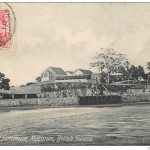
The politics of comparison: writing a global history of punishment
The Carceral Archipelago project faces enormous challenges in writing the history of punishment as global history. Our research ranges across almost five centuries, from Portugal’s first use of convicts in North Africa in 1415 to the closure of Stalin’s gulags in the 1960s. As readers of this blog will know, we are working on the […]
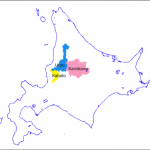
Awful Things Began to Happen: Rapid Change of Ainu Homeland and Convict Labour as Seen by the Ainu, By Minako Sakata
The Kamikawa region is one of areas that today still has relatively a large population of the Ainu. It is also the site of the most famous land dispute between the Hokkaido Government and the Ainu in the early 20th century. The Hokkaido Aborigines Protection Act of 1899, containing some restrictions and leading to many […]
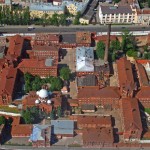
Reflections on the world’s largest prison
Several days ago, I broke from reading through the notes of nineteenth-century Russian penal inspectors to admire the 23rd edition of the International Prison News Digest, a publication of the Institute for Criminal Policy Research. As I perused this amazing compendium, I was struck anew by the way in which certain facets of the prison […]
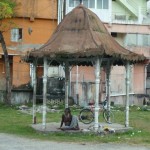
Legacies of a British penal colony: adivasis in the Andaman Islands
It is an unexpected pleasure to be back in the Andaman Islands for the first time in almost two years. I have been researching aspects of the Islands’ history for almost 15 years, and in 2013 completed a research project with two colleagues based in Ahmedabad: historian of science Dr Madhumita Mazumdar and anthropologist Professor […]
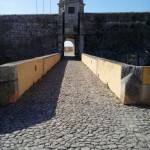
Peniche Fado
During a recent trip to Portugal I took the chance to visit the fortress of Peniche, situated on the rocky coast in the homonymous village, approximately one hundred kilometres north of Lisbon. The imposing fortress was built between the sixteenth and the early seventeenth centuries as part of a system of coastal defense against foreign […]

Reconsidering Southern African Studies from the Indian Ocean
“Reconsidering Southern African Studies from the Indian Ocean.” This challenge underpinned two wonderful days of discussion at the University of the Western Cape last week. As a conference, we wanted to explore what the burgeoning Indian Ocean historiography and literature means for southern African studies; including how land and sea might come together, in our […]

Recent Comments